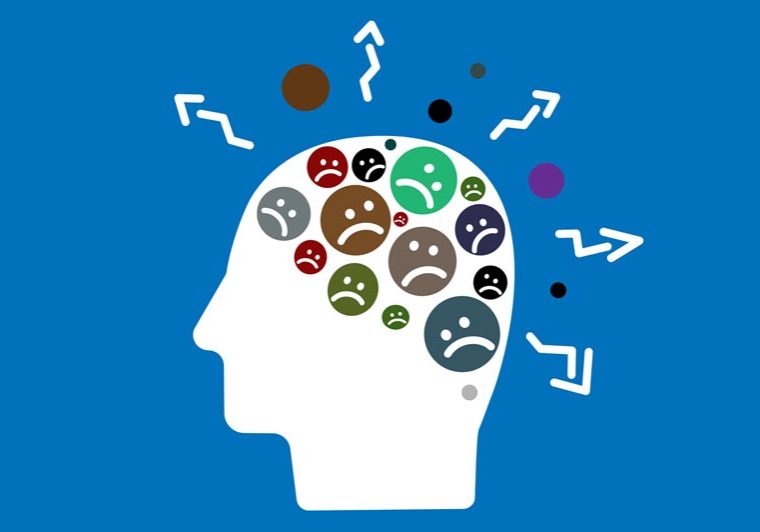The brain’s negativity bias

The brain’s negativity bias
As you may have noticed, negative news, experiences or feelings have a much bigger impact on you than do positive ones. This is due to the brain’s negativity bias – in a nutshell, your brain is responsible for keeping you alive. In order to do so, it has to be able to quickly detect anything that may be dangerous for your survival, so that it can react on the spot and make sure nothing happens to you.
In terms of sheer survival, positive or neutral news, situations and emotions are not a threat, and hence do not need to be reacted to. The brain’s negativity bias is therefore an important function that we can’t and shouldn’t get rid of. Unfortunately, the brain has a tendency to overestimate danger and to underestimate or even ignore our resources/opportunities to deal with it, which leaves us with a somewhat distorted view of the reality of a situation, often increasing our sense of threat.
If we want to live a balanced life though, it’s a good idea to train our brain to not only notice positivity, but to actively seek positive experiences and savour them consciously.
You can start with a really simple practice of just noticing when you are experiencing a positive emotion; it doesn’t have to be an over-the-top feeling of happy excitement (it can be of course), it can just be a very soft one like that warm feeling you get when you smell freshly brewed coffee in the morning (if you’re a coffee lover). Try to get an embodied sense of that positive emotion and savour it by infusing your body, your heart and your mind with it. Imagine the positive emotion is water being soaked up by a sponge.
Try to notice positive feelings a few times a day, get to know what makes you experience positive emotions and then actively plan and do activities that bring up such feelings. Remember, your brain is plastic, the more you pause to notice positivity, the more the brain will become capable of developing a positivity bias.
Happy positivity hunting 🙂

